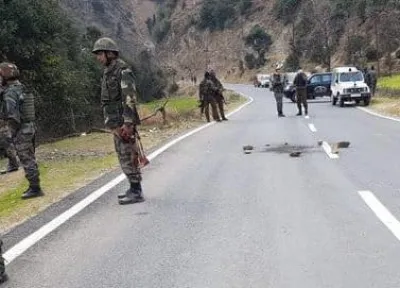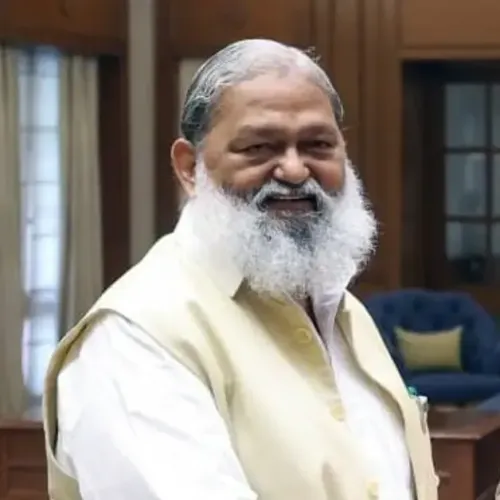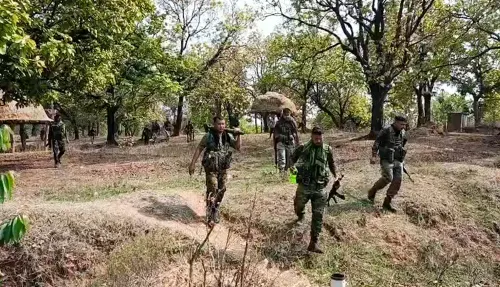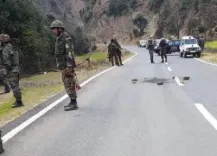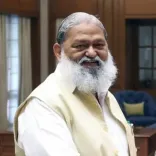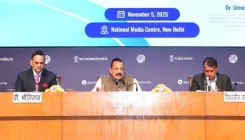How Did the Bombay HC Acquit 12 in the 2006 Mumbai Train Blasts Case?
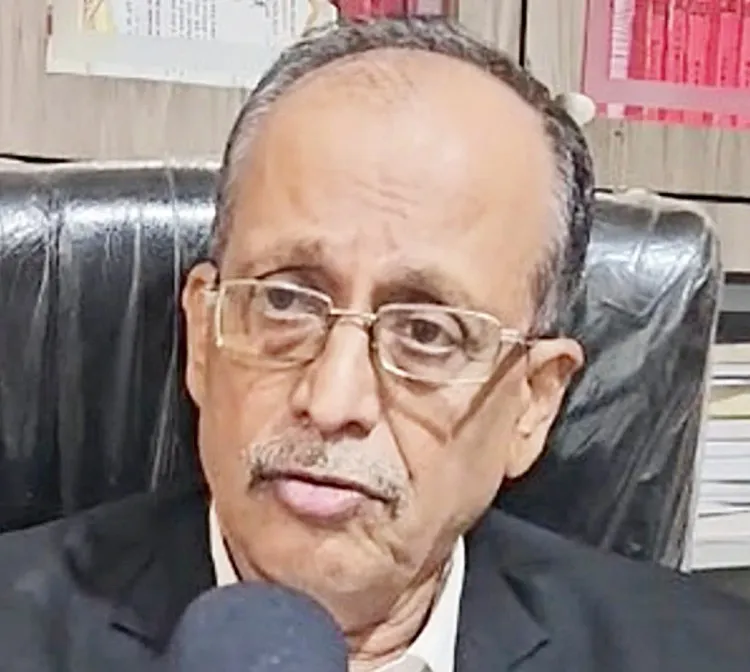
Synopsis
Key Takeaways
- The Bombay High Court acquitted 12 men previously convicted in the 2006 Mumbai train blasts.
- The ruling has sparked serious discussions about the investigation's integrity.
- Legal experts express disbelief and emphasize the need for an appeal.
- The case highlights the importance of strong evidence in judicial proceedings.
- Families of victims are left seeking justice after nearly two decades.
Mumbai, July 21 (NationPress) In a shocking turn of events that has left victims' families, legal experts, and the general public reeling, the Bombay High Court has acquitted all 12 individuals who were previously convicted by a special court for their involvement in the 2006 Mumbai train bombings.
The court's ruling has reversed the death sentences imposed on five of the accused and the life sentences for the remaining seven, igniting a fierce discussion regarding the credibility of the investigation and the judicial system.
Special Public Prosecutor and veteran attorney Pradeep Gharat, who has advocated for the prosecution in numerous high-profile cases, expressed his disbelief regarding the High Court’s verdict.
"This is utterly shocking," Gharat told IANS.
“When seven individuals are sentenced to death and six others to life imprisonment by a lower court, and then all are acquitted, it’s not merely surprising, it’s staggering. However, we must await the High Court’s rationale before making further comments. The judgment must clarify the reasons behind this decision.”
Gharat highlighted the significant disparity between trial and appellate court judgments.
“This is not an isolated incident. There have been cases where even the Supreme Court has acquitted individuals who were previously sentenced to death. Ultimately, it hinges on the strength of the evidence presented,” he observed.
Addressing critical issues regarding the police investigation, Gharat remarked, “One potential reason for this verdict might be shortcomings in the police investigation. If evidence is inadequately presented or if the prosecution fails to persuade the court, such outcomes become unavoidable. The trial court benefits from live testimonies, allowing for real-time assessment of witness credibility. The High Court lacks this advantage.”
When questioned about subsequent steps, Gharat stressed the need for immediate action.
“The next course of action should be to swiftly approach the Supreme Court - either today or tomorrow - to request a stay on the High Court’s ruling. The severity of the offense necessitates urgent and decisive legal measures. The prosecution can assure that upon receiving the judgment copy, they will respond on its merits. For now, preventing the release of these individuals is paramount,” he stated.
He also shared his personal disappointment.
“Initially, there was a feeling of closure, a belief that justice had been served, that the police and government had fulfilled their duties. But with the High Court overturning everything, it feels like a significant setback.”
Sharing similar sentiments, Special Public Prosecutor Ujjwal Nikam, who has managed numerous terror-related cases, called the acquittals a “serious matter.”
“The acquittal of all defendants in such a serious terrorist incident is profoundly troubling. The government must appeal to the Supreme Court. The loss of 189 innocent lives cannot be forgotten. If the High Court has lost trust in the evidence presented, it raises fundamental questions regarding how the case was constructed and prosecuted,” Nikam expressed.
The 2006 Mumbai train bombings resulted in 189 fatalities and over 800 injuries among commuters. Seven coordinated explosions devastated first-class compartments of packed local trains within just 11 minutes during the evening rush hour, utilizing pressure cookers filled with a lethal combination of RDX and ammonium nitrate.
Despite the attack's gravity, the case underwent a dramatic shift following the Bombay High Court’s decision on Monday. The verdict, rendered by a division bench consisting of Justice Anil Kilor and Justice S. Chandak, acquitted the 12 men who had previously been convicted by the special MCOCA court in 2015.
This acquittal has dealt a significant blow to the Anti-Terrorism Squad (ATS), which had originally filed the charge sheet under stringent laws, including the Maharashtra Control of Organised Crime Act (MCOCA) and the Unlawful Activities (Prevention) Act (UAPA). The ATS had accused the 13 men — of whom 12 were convicted by the trial court — of participating in a conspiracy orchestrated by Pakistan-backed terrorists.
Of the original 13 defendants, one was acquitted by the special court in 2015. The remaining 12, whose convictions were overturned on Monday, had spent nearly two decades in prison. The High Court has now mandated their immediate release.
The repercussions of the High Court’s ruling are resonating not only in legal and political circles but also among the families of victims who have sought justice for nearly 20 years.

